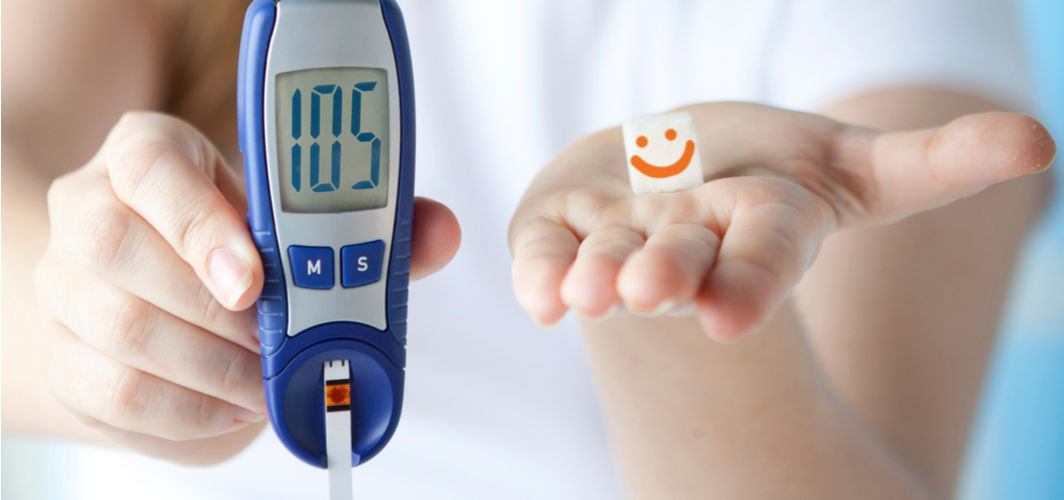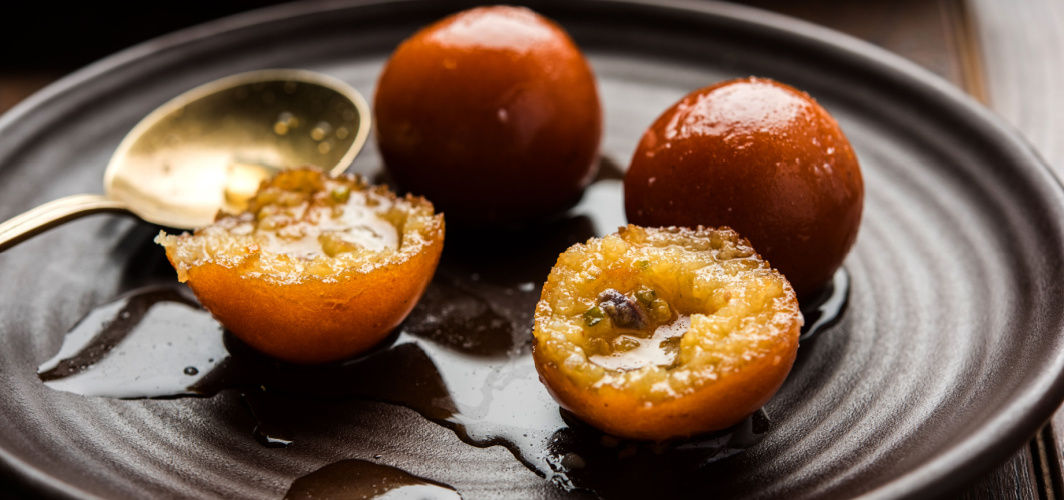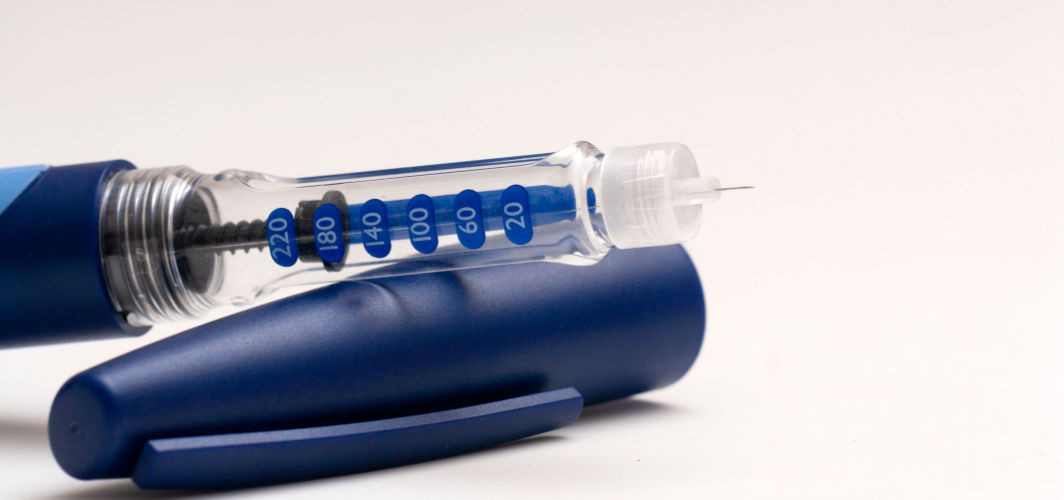Diabetes Management
8 Important Tests for People with Type 2 Diabetes
4 min read
By Apollo 24/7, Published on - 01 December 2020, Updated on - 27 August 2023
Share this article
0
0 like

8 tests for better diabetes management
-
HbA1C test
-
Blood pressure check
-
Lipid profile
-
Electrocardiogram
-
Eye examination
-
Kidney function tests
-
Foot examination
-
Dental examination
Conclusion
Diabetes Management
Consult Top Diabetologists
View AllLeave Comment
Recommended for you

Diabetes Management
Adding a Smile to Your Diabetes Management
Oral hygiene is crucial for diabetics. Diabetes increases the risk of gum diseases like tooth decay and cavities. Hence, regular brushing, flossing, and dental check-ups are essential for diabetics to maintain good oral health and support overall well-being.

Diabetes Management
Your 5 Favorite Sweets and Their Healthier Alternatives
During festive seasons, savouring sweets is a cherished tradition. However, for those managing diabetes or pursuing a healthier lifestyle, enjoying traditional sugar-laden treats might not be ideal. Whole wheat gulab jamun, baked jalebi, brown rice pudding ( brown rice kheer), cottage cheese (paneer) rasgulla, and sugar-free barfi are a few healthier options that can be consumed without spiking your blood sugar levels. By making simple yet smart ingredient substitutions like whole grains, sugar substitutes, and alternative preparation methods, you can relish your beloved festive treats.

Diabetes Management
What are the Factors that Influence Insulin Action?
Insulin action refers to the ability of insulin to regulate blood sugar levels and various metabolic processes in the body. Insulin action is influenced by factors like, your weight, physical activity, diet, hormones, medications, stress, sleep, age and genetics. Insulin sensitivity varies among individuals and can be affected by lifestyle and genetic predispositions. Maintaining a healthy lifestyle through diet, exercise, and stress management is essential for optimal insulin action and metabolic health.
Subscribe
Sign up for our free Health Library Daily Newsletter
Get doctor-approved health tips, news, and more.
Visual Stories

8 Fruits That are Incredibly Healthy for Diabetes
Tap to continue exploring
Recommended for you

Diabetes Management
Adding a Smile to Your Diabetes Management
Oral hygiene is crucial for diabetics. Diabetes increases the risk of gum diseases like tooth decay and cavities. Hence, regular brushing, flossing, and dental check-ups are essential for diabetics to maintain good oral health and support overall well-being.

Diabetes Management
Your 5 Favorite Sweets and Their Healthier Alternatives
During festive seasons, savouring sweets is a cherished tradition. However, for those managing diabetes or pursuing a healthier lifestyle, enjoying traditional sugar-laden treats might not be ideal. Whole wheat gulab jamun, baked jalebi, brown rice pudding ( brown rice kheer), cottage cheese (paneer) rasgulla, and sugar-free barfi are a few healthier options that can be consumed without spiking your blood sugar levels. By making simple yet smart ingredient substitutions like whole grains, sugar substitutes, and alternative preparation methods, you can relish your beloved festive treats.

Diabetes Management
What are the Factors that Influence Insulin Action?
Insulin action refers to the ability of insulin to regulate blood sugar levels and various metabolic processes in the body. Insulin action is influenced by factors like, your weight, physical activity, diet, hormones, medications, stress, sleep, age and genetics. Insulin sensitivity varies among individuals and can be affected by lifestyle and genetic predispositions. Maintaining a healthy lifestyle through diet, exercise, and stress management is essential for optimal insulin action and metabolic health.